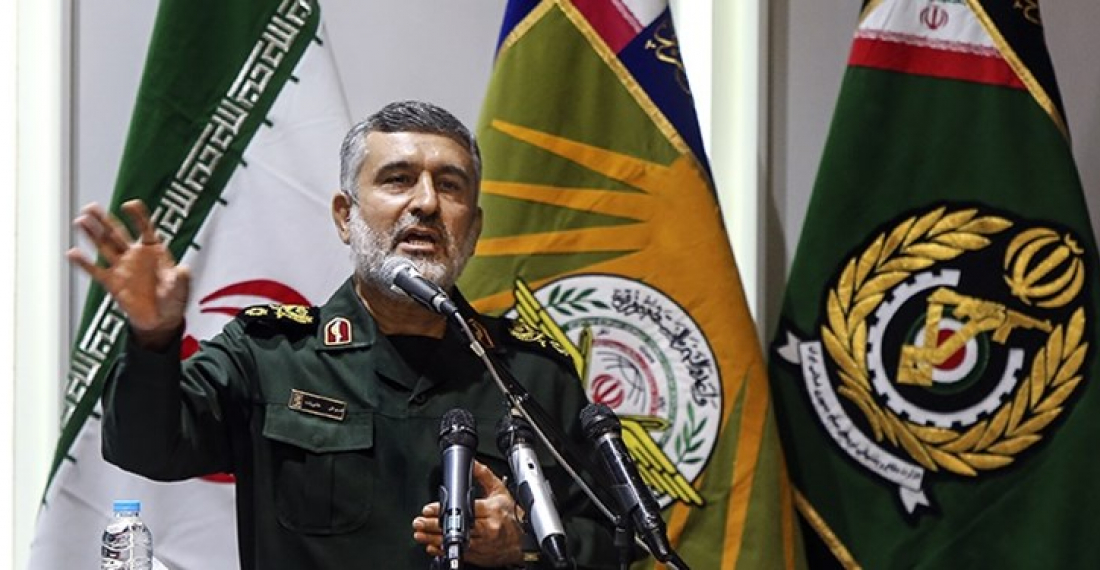Iran has announced that it has developed a hypersonic ballistic missile
Iran’s Fars news agency quoted the Islamic Revolution Guards Corps (IRGC) Aerospace Commander Brigadier General Amir Ali Hajizadeh as saying on Thursday (10 November) that the country has manufactured a hypersonic ballistic missile with advanced technologies that can penetrate all types of advanced air defence systems.
Speaking to reporters Brig. Gen. Hajizadeh said “The missile can target the enemy’s anti-missile systems and is a great generational leap in the missile field”. “I don’t think any technology would be found for tens of years capable of countering it,” the IRGC commander declared.
The announcement appears to have taken defence analysts by surprise, and concern has been expressed in different quarters
Hypersonic missiles can deliver nuclear weapons in the same way as traditional ballistic missiles, but they can fly at more than five times the speed of sound and are highly maneuverable, making them impossible to track and defend against. Unlike ballistic missiles, hypersonic missiles fly on a low trajectory in the atmosphere, and are able to reach targets more quickly. Several countries have developed systems designed to defend against cruise and ballistic missiles, but the ability to track and take down a hypersonic missile remains elusive.
Iran’s claim to have developed such a missile raises the question of where Tehran obtained the technology. North Korea’s test of a hypersonic missile last year sparked concerns about the race to acquire the technology, which is currently led by Russia, followed by China and the US.
Iran and Russia are both the targets of stringent international sanctions, and have responded by boosting cooperation in key areas to help prop up their economies.
Iran’s hypersonic missile claim follows last week’s successful test flight of a rocket capable of propelling satellites into space. The US has repeatedly voiced concern that such launches could boost Iran’s ballistic missile technology, extending to the potential delivery of nuclear warheads. In March, the US government imposed sanctions on Iran’s missile-related activities.
Meanwhile the UN atomic watchdog, IAEA, said on Thursday it had seen “no progress” in discussions with Tehran over undeclared uranium particles found at three research sites. Iran has agreed to a visit by agency inspectors this month to provide answers.
“The agency has reiterated to Iran that at this meeting it expects to start receiving from Iran technically credible explanations on these issues, including access to locations and material, as well as the taking of samples as appropriate,” the agency said in a report on Thursday.






